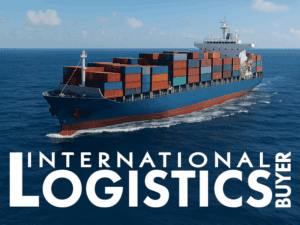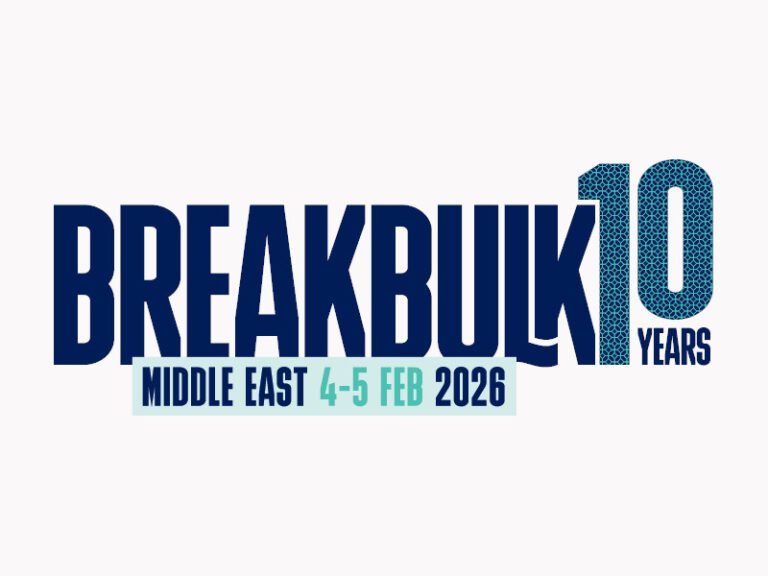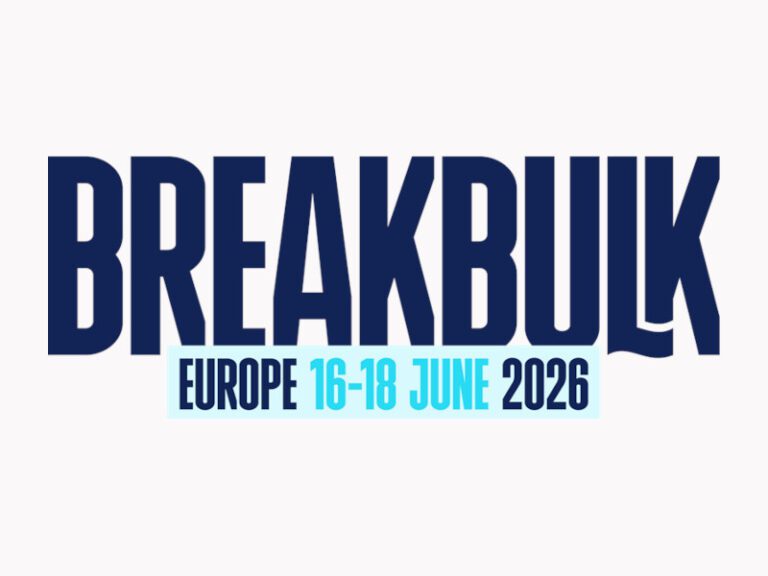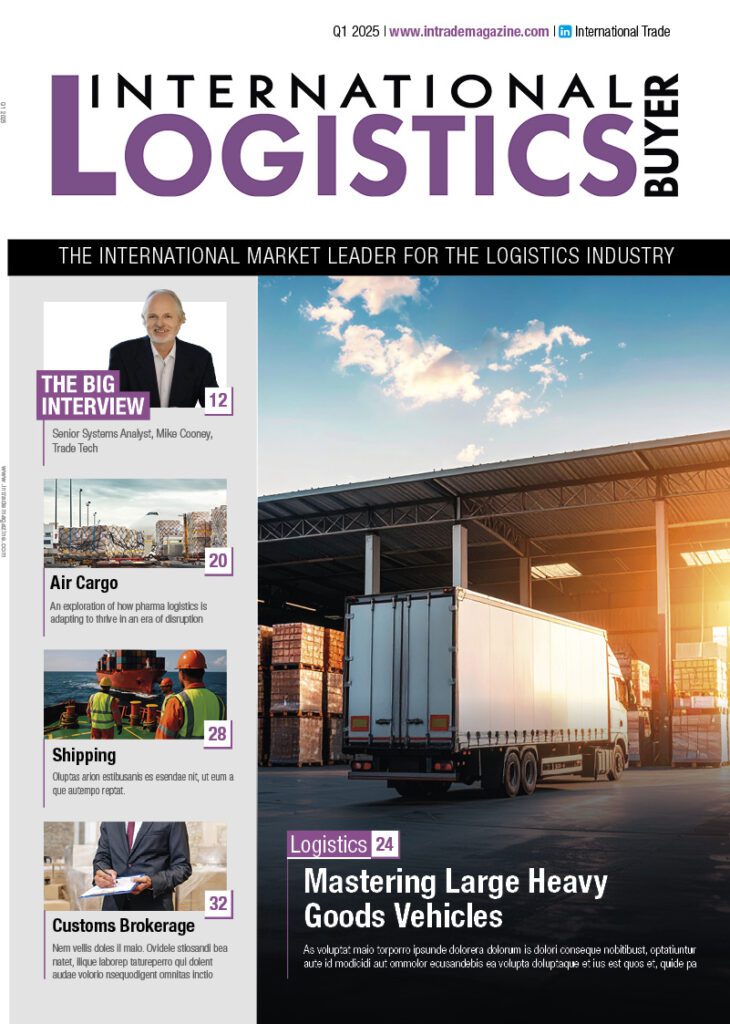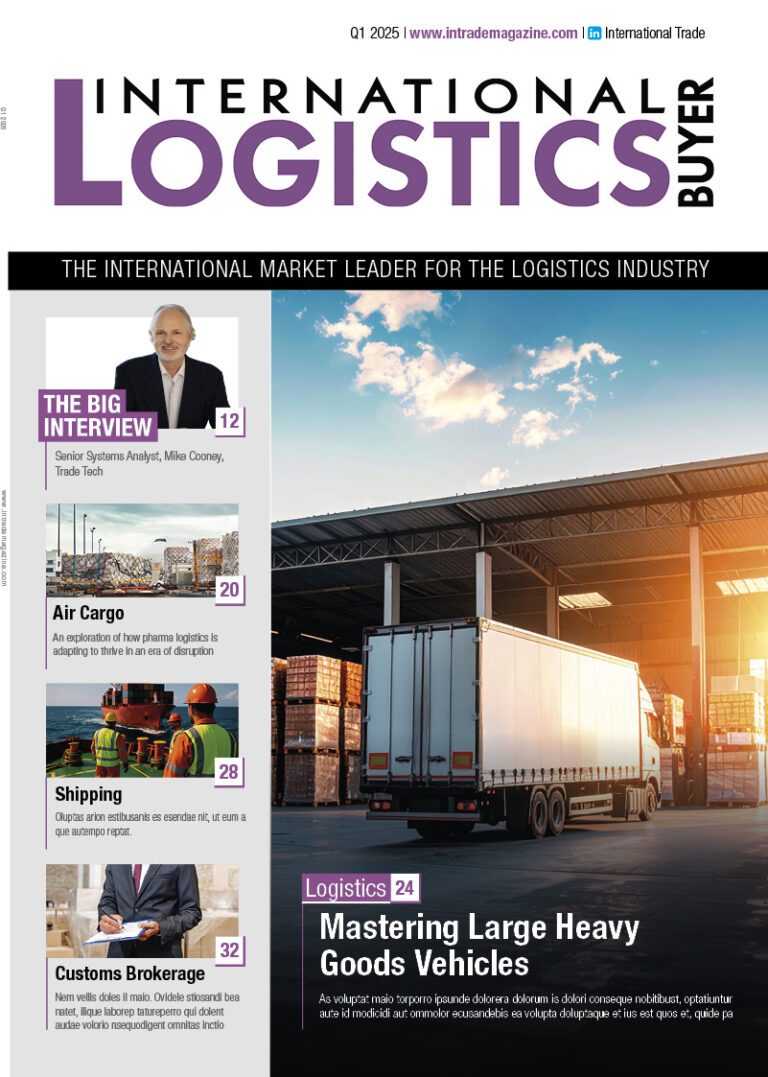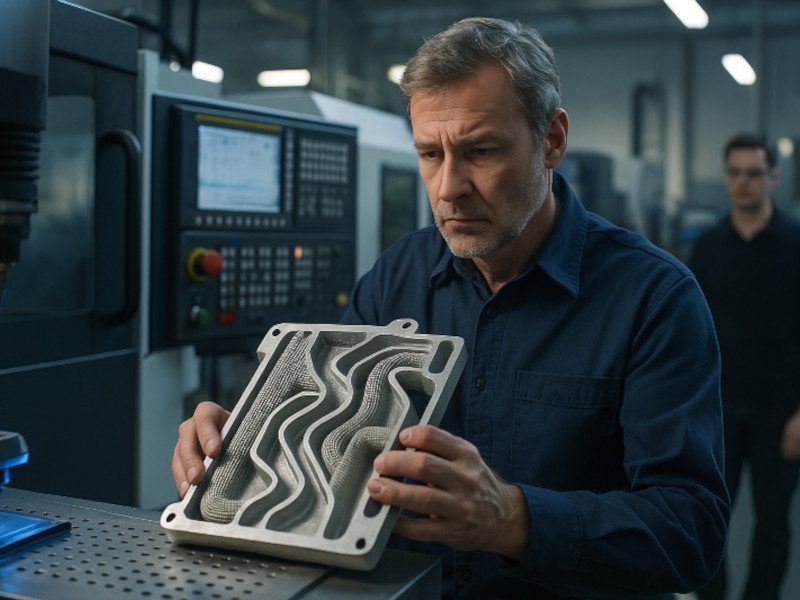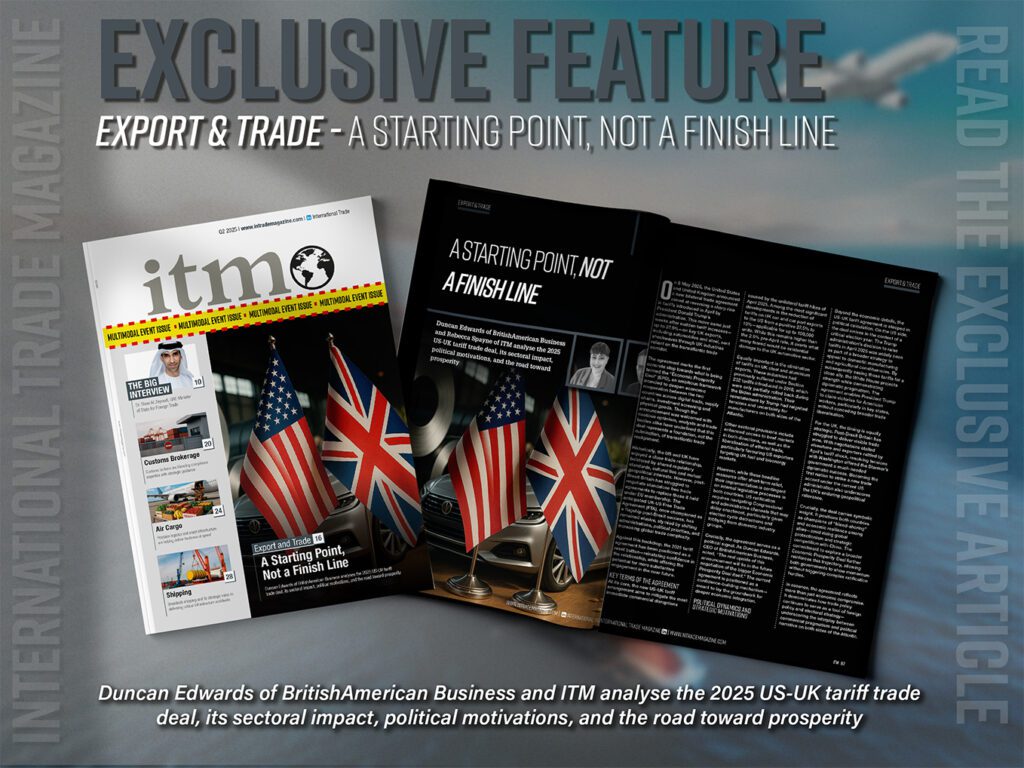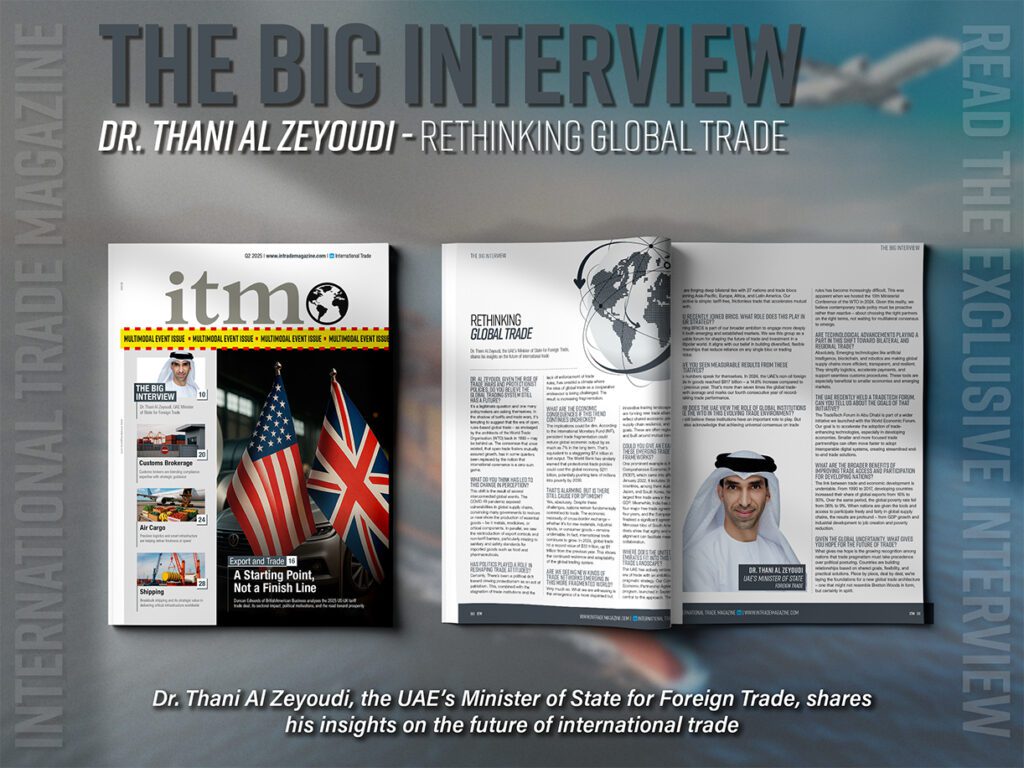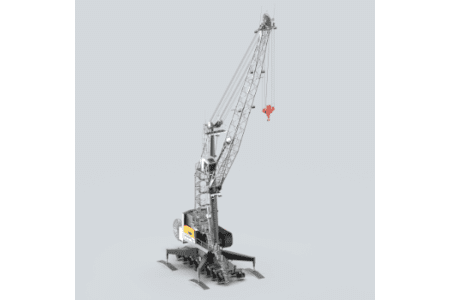Markit Eurozone Manufacturing Purchasing Managers’ Index (PMI) data released this morning showed that figures are at nearly a six-year high, with a boost in growth for Germany, Italy and the Netherlands.
Final PMI figures were posted at 55.4 for February, a healthy increase on January’s 55.2, showing a marked increase in production, new orders and employment. There was growth and improvement in operating conditions in all countries, except Greece, although the drop in activity is slowing.
Germany, the Netherlands and Italy all saw greater rates of growth, with the Netherlands taking the top spot in the rankings at a near six-year high of 58.3. Austria also came in second overall, at 57.2, although this figure represents a two-month low for the country.
Manufacturing production and new orders are up in the Euro area, rising at the fastest rate since 2011. Domestic orders were strong, with a weak Euro boosting export business to the quickest rates seen for nearly six years. New export order growth was reported in all countries but Greece.
Pricing pressures continue to take their toll
A weaker Euro helped boost exports, but also increased purchase prices, as input costs rose once again, at the fastest since 2011. This saw the average output cost increasing at the highest level for nearly six years. Rising demand for raw materials also contributed to slower supplier lead times, again lengthening the most since 2011.
Jobs growth boosts industry confidence
An increase in staff was recorded for France, Germany, Spain, Italy, the Netherlands, Austria and Ireland. Greece continues to struggle, reporting job cuts for the third month in a row, although the rate of decline has slowed in the latest figures.
“Jobs growth, increased production and new orders have left the industry in good spirits,” comments David Johnson, Director at currency specialists, Halo Financial.
“Confidence is only slightly lower than we saw in the record January report, as companies look towards an improving global economy.”
Neil Lloyd, Sales Director at manufacturing legal experts, FBC Manby Bowdler, commented, “It’s pleasing to see that the manufacturing growth in the Eurozone, with the exception of Greece, continues, despite all the political uncertainty. There can be no doubt that the weak Euro is helping with their exports, but as with the UK, a weak currency does inevitably mean that input prices are growing. Strong levels of confidence continue, as well as a no doubt welcome increasing trend in employment. My one worry would be that we might soon start to see inflation start to rise.”
David Johnson agrees: “This is another positive step forward for the European manufacturing industry and signals an upturn in Euro area productivity, although, with inflation looming, companies will have to keep a close eye on rising pricing costs and look at ways to offset the inflationary pressures.”
Headline Eurozone PMI figures
1. Netherlands 58.3 70-month high
2. Austria 57.2 2-month low
3. Germany 56.8 (flash: 57.0) 69-month high
4. Italy 55.0 14-month high
5. Spain 54.8 3-month low
6. Ireland 53.8 3-month low
7. France 52.2 (flash: 52.3) 3-month low
8. Greece 47.7 2-month high
Eurozone manufacturing industry results at a nearly six-year high
About Logistics Buyer
International Logistics Buyer is the leading authority in global logistics and supply chain content, delivering expert news, in depth articles, exclusive interviews, and industry insights across print, digital, and event platforms. Published 10 times a year, the magazine is a trusted resource for professionals seeking updates and analysis on the latest developments in the logistics sector.
To submit an article, or for sponsorship opportunities, please contact our team below.

Chris Lingham
Group Sales Manager

Afua Akoto
Marketing Manager
Read the Latest Issue
Follow us on LinkedIn
Follow us on LinkedIn
Click HereAdvertise here
Reach decision makers and amplify your marketing







